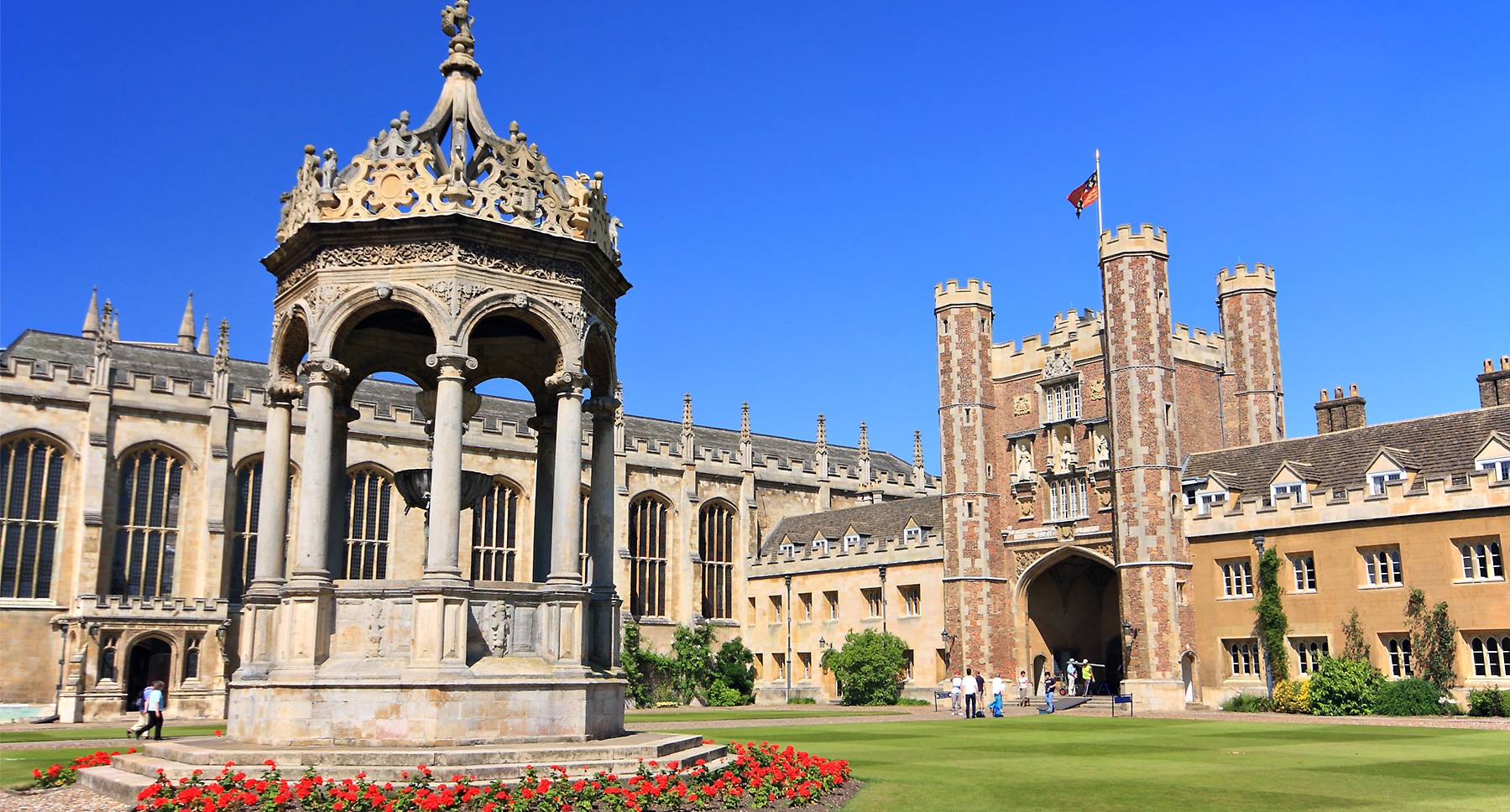Better pay at last?
Sluggish wage growth is set to accelerate next year, according to a report by the Bank of England’s regional agents.
Unite said if potential pay increases were realised it would be “good news for workers” but pointed out that the UK needs a proactive industrial strategy and investment to see long-term improvements.
The agents, who surveyed 700 companies across the UK between August and October, said that despite average rises in the services sector remaining at a paltry 2 per cent, demand for manufacturing personnel is leading to a “slight increase in pay growth”.
They expect average pay rise rates to grow by half a per cent – from 2 to 3 per cent this year to 2.5 to 3.5 in 2018.
The projections come after months of growing wage pain.
Over the three months to August nominal weekly earnings increased at an annual rate of 2.2 per cent, Office for National Statistics’ data shows – a fall from the same period in 2016 and a dramatic decrease from growth rates of more than 4 per cent seen before the 2008 financial crash.
Nor was the 2.2 per cent increase in wages over the summer enough to counteract an inflation rate of 3 per cent, meaning that wages are falling in real terms.
Still bleak
Unite assistant general secretary Steve Turner gave a cautious welcome to the report, but said the overall figures for wages were still bleak.
“This is, of course, only a projection that if proved to be correct will be good news for workers. But let’s not forget that real income growth has been falling for a decade – a decline not seen since the 1860s – and that inflation has hit wages particularly hard this year. The projected increase is also still below the rate of wage growth people enjoyed before the financial crash,” Turner said.
“With increasingly high levels of uncertainty over Brexit and, crucially, a lack of both the public and private investment necessary to improve low levels of productivity and hold back economic growth, there is equally no guarantee wages will continue to rise over the long term.
“Only strong, powerful and confident trade unions supported by a renewed emphasis on collective bargaining can do that.”
Turner pointed out that the UK can’t rely on “passing and double-edged employment trends, such as the labour shortages cited, to build an economy that provides decent jobs and pay for the majority”.
He continued, “To do that we need investment from corporations currently hoarding cash and a government that will kick-start economic productivity with a programme of public investment that rebuilds our manufacturing base, stimulates research and development and creates the infrastructure needed for industry to thrive.”
 Like
Like Follow
Follow


